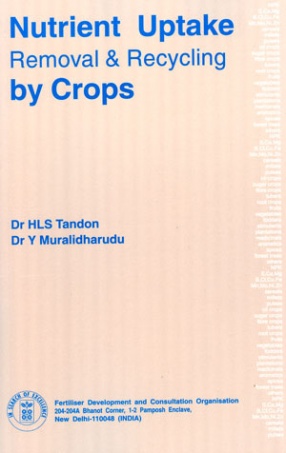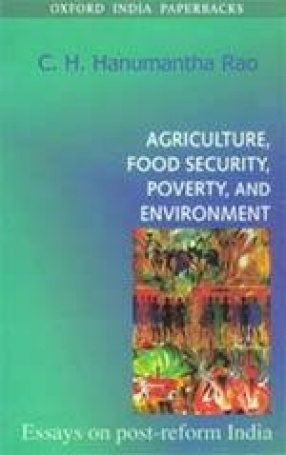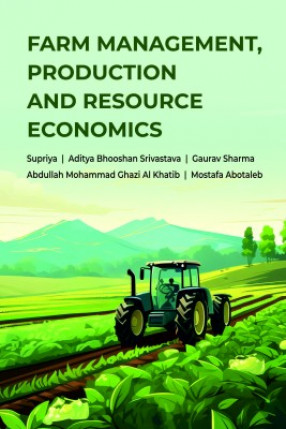Agriculture and Food
In a country such as India, where the majority of the population lives in the rural areas, the state of rural environment is substantially influenced by the state of rural economy. As the rural or agriculture economy changes, the natural resource management issues have to be addressed in the changing scenario. In fact, all the sectors are changing in the Indian economy, agriculture is changing the most. Changing patterns of agriculture production have many environmental implications, some of which are positive and others are negative. In many cases, conversion to cropland in the last three decades has been a source of land degradation. Fertilisers demand and the adverse effects associated with their misuse seems to be moderated, because over application of fertilizer is contributing to eutrophication problems. The significant adverse environmental consequences have also been discussed, in which increased production of horticulture products and cash crops such as vegetables-fruits tend to be associated with increases in most hazardous pesticides applications and increased livestock production can result in increased emissions of organic pollutants. India, perhaps, is the largest producer and consumer of pesticides in the world. The farmers are overusing the pesticides / fertilisers or others are using elevated pesticide residues in food products. Surprisingly, they are quite unaware of the health risks related with their use. This may create desertification. In future, it will be very hard and difficult to locate ecologically sensitive land. We have discussed the circular relationship of poverty and natural resource degradation in a greater way and also discussed the ways that is needed to make a coordinated attack on the land degradation.
Get it now and save 10%
BECOME A MEMBER











Bibliographic information